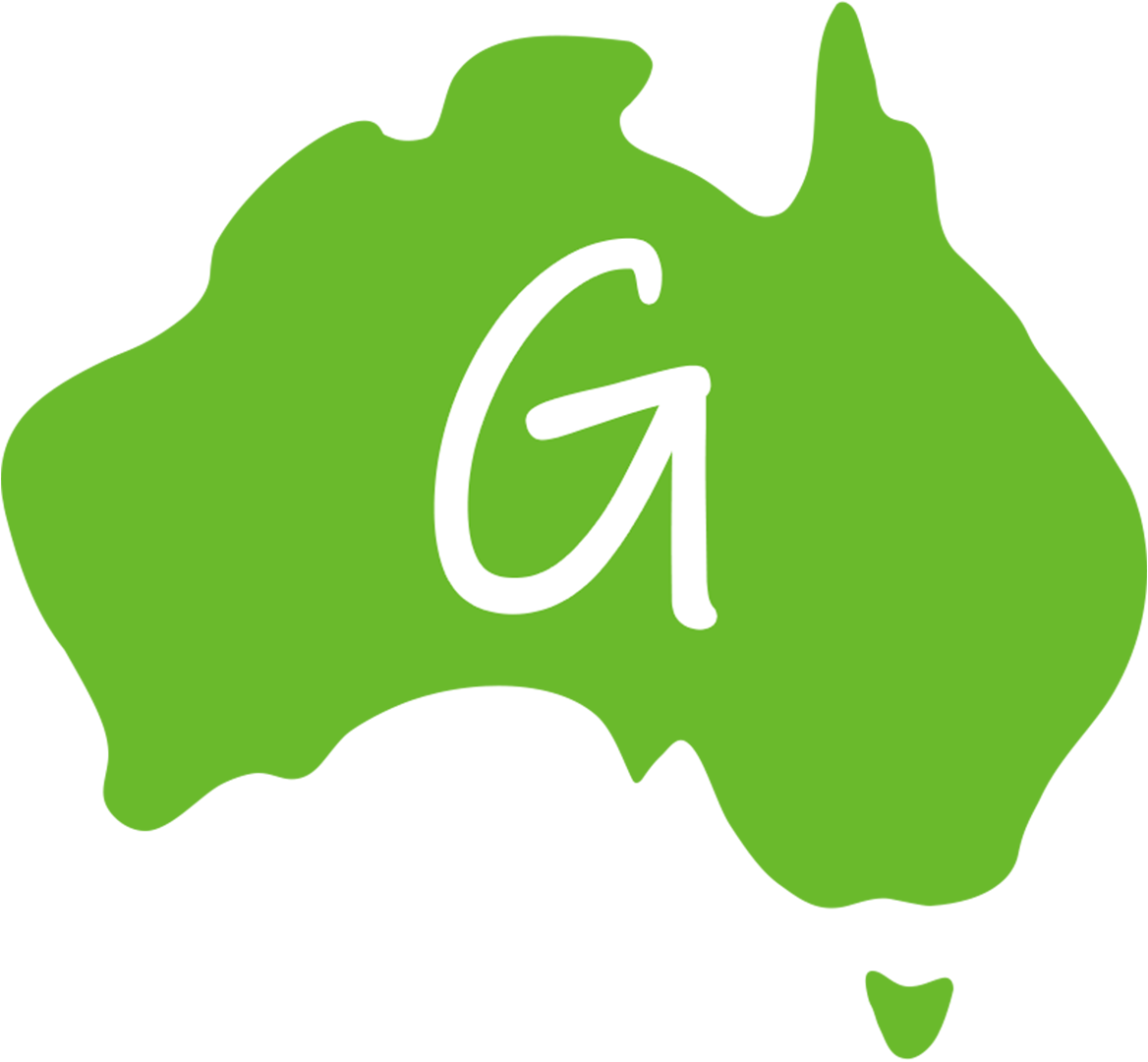A successful interview depends on various factors, from what steps you take to prepare to how you conduct yourself in the meeting. Regardless of the type of interview you’re expecting, you can follow some general guidelines that will help improve your chances of impressing a potential employer. In this article, we review some tips that can help you achieve success in your interview.
Follow these steps to learn how to succeed in your next job interview:
1. Create a list of your strengths
Once you have analysed the job, make a list of your assets and match them to the job requirements. These might include skills, qualities, certifications, experiences, professional qualifications, abilities, computer skills, and knowledge bases. You can bring up some of these assets when you explain to the employer why you are an excellent fit for the job.Also, think of examples from past work experiences that show you have these qualities. This way, if the interviewer asks you to describe a time when you demonstrated a particular skill or ability, you will be ready.
2. Practice interviewing
Practicing will always lead to some improvement. Ask a family member or a friend to interview you and get their feedback. You can also record yourself. Study how you are delivering answers and observe your body language. Remember that some interview formats that differ from the traditional one-on-one meeting include out-of-office interviews, phone and video interviews and group interviews. Try to conduct the practice interview in the same format as the real interview.
3. Prepare answers to common questions
Interviewers might usually ask you to tell about yourself, your strengths and weaknesses, the way you learnt about the position or how your current employer and colleagues would describe you. In addition to preparing answers to these common interview questions, make sure you’ve also prepared some questions for the interviewer in return. This will show your investment in both the position and the organisation.
4. Research the company
Before you attend a job interview, it’s important to find out as much as you can about not only the job, but also the company. Company research will help you find out whether the company and its culture are a good fit for you. You may visit the company’s social media pages to get an idea of the culture there.
5. Get your interview clothes ready
Your first impression can have a significant impact on the way your interviewer views you. The way you dress can help ensure you make a positive first impression. Make sure your clothes fit well and you wear simple accessories. You should be well-groomed, and your clothing should be free of holes or wrinkles.
6. Build rapport with your interviewer
Your interview is your opportunity to create a connection with your potential employer. While the interviewer will ask questions for the majority of the meeting, you can still use each question to turn the interview into a more comfortable conversation. Try to make a personal connection with your interviewer while remaining professional. Moreover, be polite and respectful to everyone in the building, from the doorman to the assistant.
7. Get directions
It’s important to know ahead of time where you need to go for your job interview. That way, you’ll avoid running late to the interview. Check on parking, if it’s likely to be an issue. If you have the time, it’s a good idea to do a practice run a day or two before the interview.
8. Consider what to bring
Items to bring include a portfolio with extra copies of your resume, a list of references, a list of questions to ask the interviewer, a notebook and pen to take notes.
9. Be authentic
Practice and preparation will help for a successful interview, but it’s best to act like yourself when you meet with your interview. Be positive, assertive and confident, but also remain candid and concise in what you say.
10. Remember to follow up
Follow up a job interview with a thank-you note or e-mail reiterating your interest in the job. And always be on time, ideally 15 minutes earlier. It is one way of showing your potential employer your professionalism.
